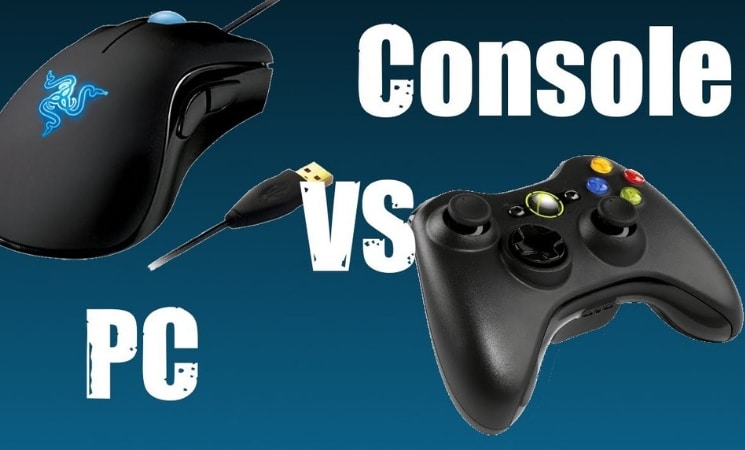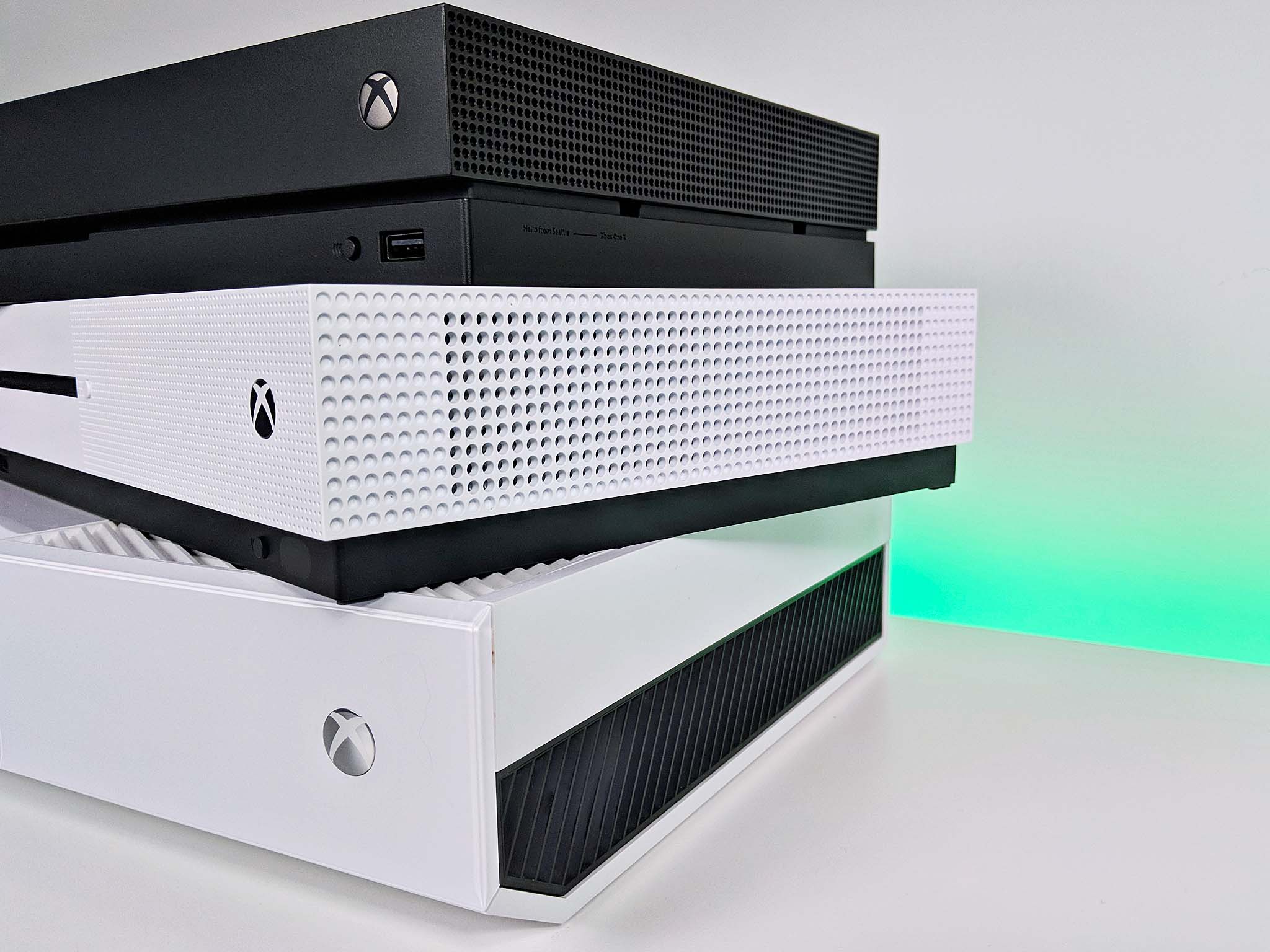Introduction
The debate between PC and console platforms has raged online for years. Both sides argue their preferred choice is superior, leading some to declare a “war” between the two. However, the reality is much more nuanced. Let’s take a closer look at what really drives this debate and why most gamers don’t actually take sides.
Tribalism Online, Unity Offline
While passionate arguments regularly erupt in internet forums, polls show the majority of players own multiple platforms or don’t strongly identify with one over the other. Offline, few criticize others for their choice of system. It seems this supposed “war” is exaggerated and mainly driven by vocal minorities online.

The Roots of Defensiveness
One of the key factors fueling endless debates is the natural feeling of wanting to justify major purchases. Both PCs and consoles can be expensive investments, so their owners often argue vigorously to convince themselves and others they made the right choice.
A Feeling of Ownership
With hundreds or thousands of dollars invested in their preferred platforms, it’s understandable gamers want to assert their choice was worthwhile. This mindset sparks debates as they ardently defend against perceived attacks on their purchase decision.
Different Preferences Appeal to Different Players
While PC setups allow for high-performance gaming and regular upgrades over time, consoles offer simplicity and an affordable entry point. Their divergent strengths appeal to differing preferences, with debates often missing this nuance.
Finding Identity Through Tribalism
For some, identifying as a “PC elitist” or “console fanboy” becomes part of their online persona. They fiercely defend their tribe against any perceived slights from the other side.
An Outlet for Competitiveness
Some see the debate as a competition to be “won” with viral comments or takedowns of opposing arguments. Tribalism satisfies innate human desires for social bonding and competition in online communities.
Beyond the Rhetoric - Both Sides Have Merit
When stripping away passionate rhetoric, it’s clear both consoles and PCs have legitimate reasons for their dedicated player bases. Different types of gamers prioritize different attributes.
Distinct Strengths Appeal to Varied Needs
While PCs enable ultra-high-fidelity gaming and heavy customization, consoles deliver consistent performance straight out of the box. Their divergent offerings cater to an array of needs.
Most Players Appreciate Both Worlds
Surveys find the majority of gamers own multiple platforms depending on preferred genres, social contexts, and budget. Rather than conflicts, most see value in both PC and console ecosystems.
Finding Common Ground
With both platforms having dedicated merits, perhaps it’s time we placed more emphasis on our shared love of games over petty arguments.
Cooperative Play Brings People Together
Cross-platform titles like Fortnite and Rocket League have shown gaming can be a universally bonding social experience. Their inclusive design fosters friendly competition across divides.
Accepting Diversity of Preferences
Everyone enjoys different types of games for different reasons. Rather than attacks, we could embrace this variety with a spirit of openness, respect, and enjoyment of our creative hobby.
Conclusion
While enthusiastic debates will likely continue online, the facts suggest conflicts are exaggerated. Most players simply want gaming experiences that fit their lifestyle without criticism over platform choice. With understanding and cooperation, PC and console communities could celebrate their independent strengths united by a passion for play.
 The Most Liveable Hungarian Cities and Towns
The Most Liveable Hungarian Cities and Towns